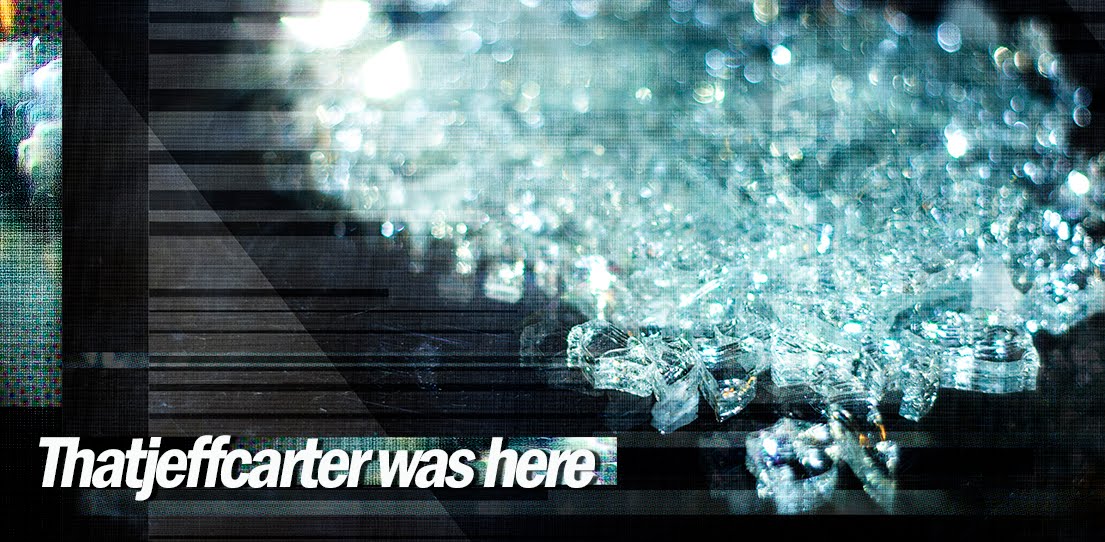Anne Hydrous (she of the driest of wit) sat with her older
sister, Moly Bdenum, under the canopy of a breezy outdoor café in Rio de
Janeiro. The city in 1938 was noisy and noisome, but the women found it endearing,
charming even.
“So unlike New York,” said Anne.
“Quite unlike Chicago,” replied Moly. “What, with the Nazi occupation and all… Brown shirts and storm troopers on every corner. Nazi flags flying from all the buildings. I never did trust those Dulles brothers.”
Anne nodded her agreement.
Moly continued, “I just knew they were collaborators, that they were in business with the Nazis.”
The women sipped their coffees and watched a ragged band of bedraggled children chasing a brilliantly plumaged chicken. They were waiting at that particular café on that specific day, at that precise moment, under the shadow of Sugarloaf Mountain, to meet with the world renowned author and secret Nazi hunter, Earnest Hemingway.
Hemmingway was late.
Anne sipped at her coffee and said, “Not that I distrust the man, but…”
“Yes?” prompted her sister.
“Well, how do we know he’s actually him? The author? Hemingway. How do we know?”
“Moly Bdenum sighed. “First thing: he was wearing an eyepatch, right?”
“Yes, he assuredly is,” said Anne. “But I’m not certain that the author of The Sun Also Rises is known for wearing an eyepatch.”
“Moly sighed again. “And he has that six-toed cat.”
“Yes,” agreed Anne. “That does go a long way to confirm his identity, but…”
“In any case, he told us that he’s him. When we met him, he said, ‘ladies, I’m Earnest Hemingway.’ Just like that.”
“Yes…”
“And he told us all about the time he snuck into the Nazi Zeppelin base in Montego Bay, Jamaica, and how he blew it up.”
“Yes, but…”
“But nothing. The man’s a legend, fighting bulls in Spain and blowing up Nazi airships in the Caribbean. He’s a legend. A hero. Not at all like that weasel Alan Dulles.”
By this time their coffee had grown cold and the children had caught their bird. This sisters could hear its caterwaul echoing down the stone lined streets. Hemmngway never showed up. Eye patch or no, the famous author and covert Nazi killer had missed his appointment with the curious sisters. They put down their cups and picked up their handbags. They strolled along the boulevard towards their hotel.
“Maybe we could do something to impress him, attract his attention,” suggested Anne.
“How’s that? He’s blown up Nazi dirigibles. How are two old biddies like us going to impress him?”
“We kidnap the Lindbergh baby,” said Anne.
“What?” Moly was aghast.
“The Lindbergh baby. He’s a Nazi collaborator after all…”
“The baby?”
“No. Charles Lindbergh. If we kidnap the Lindbergh baby, maybe Hemingway would meet with us.”
“Well,” said Moly with great sensitivity. “Dear-heart, it’s already been done. And I think you’re mistaken. Lindbergh is pro-German and something of an anti-Semite, but he’s not a Nazi sympathizer. I think you mean the war profiteer, Henry Ford.”
“Right. Henry Ford. And the Dulles brothers. They’re all in cahoots.”
The sisters had arrived at their hotel. “Forget about Hemingway,” said. Anne. “I don’t think that was him.”
“So unlike New York,” said Anne.
“Quite unlike Chicago,” replied Moly. “What, with the Nazi occupation and all… Brown shirts and storm troopers on every corner. Nazi flags flying from all the buildings. I never did trust those Dulles brothers.”
Anne nodded her agreement.
Moly continued, “I just knew they were collaborators, that they were in business with the Nazis.”
The women sipped their coffees and watched a ragged band of bedraggled children chasing a brilliantly plumaged chicken. They were waiting at that particular café on that specific day, at that precise moment, under the shadow of Sugarloaf Mountain, to meet with the world renowned author and secret Nazi hunter, Earnest Hemingway.
Hemmingway was late.
Anne sipped at her coffee and said, “Not that I distrust the man, but…”
“Yes?” prompted her sister.
“Well, how do we know he’s actually him? The author? Hemingway. How do we know?”
“Moly Bdenum sighed. “First thing: he was wearing an eyepatch, right?”
“Yes, he assuredly is,” said Anne. “But I’m not certain that the author of The Sun Also Rises is known for wearing an eyepatch.”
“Moly sighed again. “And he has that six-toed cat.”
“Yes,” agreed Anne. “That does go a long way to confirm his identity, but…”
“In any case, he told us that he’s him. When we met him, he said, ‘ladies, I’m Earnest Hemingway.’ Just like that.”
“Yes…”
“And he told us all about the time he snuck into the Nazi Zeppelin base in Montego Bay, Jamaica, and how he blew it up.”
“Yes, but…”
“But nothing. The man’s a legend, fighting bulls in Spain and blowing up Nazi airships in the Caribbean. He’s a legend. A hero. Not at all like that weasel Alan Dulles.”
By this time their coffee had grown cold and the children had caught their bird. This sisters could hear its caterwaul echoing down the stone lined streets. Hemmngway never showed up. Eye patch or no, the famous author and covert Nazi killer had missed his appointment with the curious sisters. They put down their cups and picked up their handbags. They strolled along the boulevard towards their hotel.
“Maybe we could do something to impress him, attract his attention,” suggested Anne.
“How’s that? He’s blown up Nazi dirigibles. How are two old biddies like us going to impress him?”
“We kidnap the Lindbergh baby,” said Anne.
“What?” Moly was aghast.
“The Lindbergh baby. He’s a Nazi collaborator after all…”
“The baby?”
“No. Charles Lindbergh. If we kidnap the Lindbergh baby, maybe Hemingway would meet with us.”
“Well,” said Moly with great sensitivity. “Dear-heart, it’s already been done. And I think you’re mistaken. Lindbergh is pro-German and something of an anti-Semite, but he’s not a Nazi sympathizer. I think you mean the war profiteer, Henry Ford.”
“Right. Henry Ford. And the Dulles brothers. They’re all in cahoots.”
The sisters had arrived at their hotel. “Forget about Hemingway,” said. Anne. “I don’t think that was him.”




